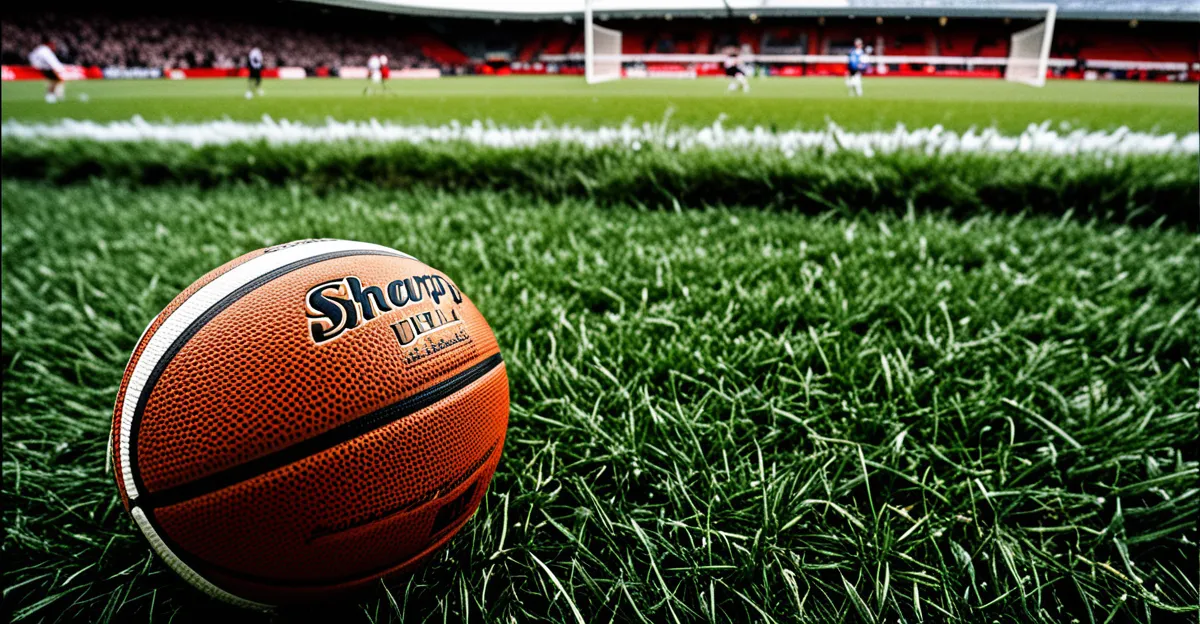Key Developments in UK Sports Culture Over the Decades
The evolution of UK sports has been shaped by significant milestones that mark the historical timeline of UK sports culture. Post-World War II, sports became a central part of rebuilding community spirit, with football solidifying its place as a national passion. Between the 1960s and 1980s, football witnessed iconic moments like England’s 1966 World Cup victory, which boosted national pride and intensified football’s cultural status. Rugby and cricket also saw increased organization and professionalization during this period, reflecting changing social dynamics.
The modern era heralded a new phase in UK sports history where commercialization, media influence, and global competition became pivotal. Major tournaments and innovative training techniques reshaped how sports were played and consumed. Throughout these decades, UK sports culture continuously adapted, embracing diversity while maintaining traditional loyalties.
Also to see : What Are the Untold Stories Behind the Iconic UK Sports Venues?
Understanding this progression highlights how pivotal events and societal shifts have influenced the British passion for sport, demonstrating an enduring legacy that intertwines with the nation’s identity.
Shifts in Popular Sports and Societal Attitudes
The shifts in UK sports popularity reflect deeper changes in British cultural attitudes towards sports. Football’s rise to dominance since the mid-20th century is closely tied to the working-class communities, while cricket and rugby historically attracted different social groups, showing how class and region shaped preferences. For example, cricket remained strong in rural and middle-class areas, whereas rugby’s appeal was often regional, flourishing in Wales and northern England.
Also read : What Are the Health Benefits of Watching UK Sports?
Public participation in athletics, once a cornerstone of UK sports culture, has waned due to evolving leisure habits and increased professionalization in other sports. This decline also correlates with shifting societal values, where competitive team sports gained more prominence through media exposure.
Community identity continues to influence sports attitudes. Football clubs, for instance, often embody local pride and history, reinforcing social bonds through sporting allegiances. These dynamics illustrate the interconnectedness between UK sports and society, showcasing how evolving cultural perceptions impact both the popularity and participation in different athletic disciplines. Understanding these nuanced shifts helps explain the changing landscape in UK sports culture over the decades.
Gender, Diversity, and Inclusion in UK Sports
The history of women in UK sports reveals a gradual but significant evolution from exclusion to active participation. Early 20th-century barriers limited women’s opportunities, but key breakthrough moments—such as the establishment of women’s football leagues during World War I—marked the beginning of change. Since then, increased visibility and policy reforms have promoted gender inclusion in UK sports, challenging stereotypes and encouraging broader female involvement.
Diversity in British sports has also seen notable progress. Initiatives supporting ethnic minorities and disabled athletes have grown, fostering a more inclusive environment. Community programmes have played a vital role by creating access and nurturing talent from underrepresented groups, helping to bridge gaps across class and cultural lines.
Policies focusing on diversity in British sports have intensified since the late 20th century, driven by both governmental support and sports governing bodies. These measures aim to eliminate discrimination and ensure equal opportunities, reflecting wider societal shifts towards inclusivity. Overall, the increasing representation of women and minority athletes not only enriches UK sports culture but also strengthens its social relevance and unity.
Commercialization and Media Impact on UK Sports Culture
Sports commercialization UK has transformed the landscape of British sports, turning athletic competitions into significant business ventures. Sponsorship deals, advertising, and branded merchandise generate substantial revenue, enabling clubs and organizations to invest in better facilities and talent development. The rise of sports commercialization UK has also increased the stakes, with financial pressures influencing team strategies and player transfers.
Media influence on UK sports is equally profound. The history of British sports broadcasting highlights key moments such as the advent of televised football matches in the 1950s, which majorly expanded audiences. Digital media now accelerates this impact, offering live streaming and interactive content, making sports more accessible than ever.
British sports broadcasting history shows how media coverage shapes fan engagement and public opinion. Highlights, interviews, and real-time analysis bring fans closer to the action, deepening emotional investment. Moreover, media exposure can elevate lesser-known sports, contributing to their popularity and funding.
Overall, sports commercialization UK combined with dynamic media influence creates a powerful ecosystem, sustaining interest and growth in UK sports culture through innovation and business acumen.
Grassroots Development and Legacy Building
Grassroots sports UK initiatives have been pivotal in nurturing talent and broadening participation beyond elite levels. Community sports programmes UK foster local engagement by providing accessible training and facilities. These programmes emphasize inclusivity, encouraging children and adults from diverse backgrounds to get involved.
Major sporting events like the London 2012 Olympics and various World Cups have left lasting legacies. Such events not only raise the profile of sports nationwide but also drive significant investment in infrastructure and youth development. The legacy of UK sporting events extends to improved community facilities and enhanced coaching networks, which support ongoing participation.
The synergy between grassroots sports UK efforts and high-profile events creates a sustainable sports culture. Community clubs benefit from increased enthusiasm and funding, while young athletes gain pathways to professional careers. This interconnected system ensures that the legacy of UK sporting events continues to influence future generations positively.
Overall, grassroots development combined with strategic legacy planning helps maintain UK sports’ vitality, fostering widespread engagement and sustaining athletic excellence.






